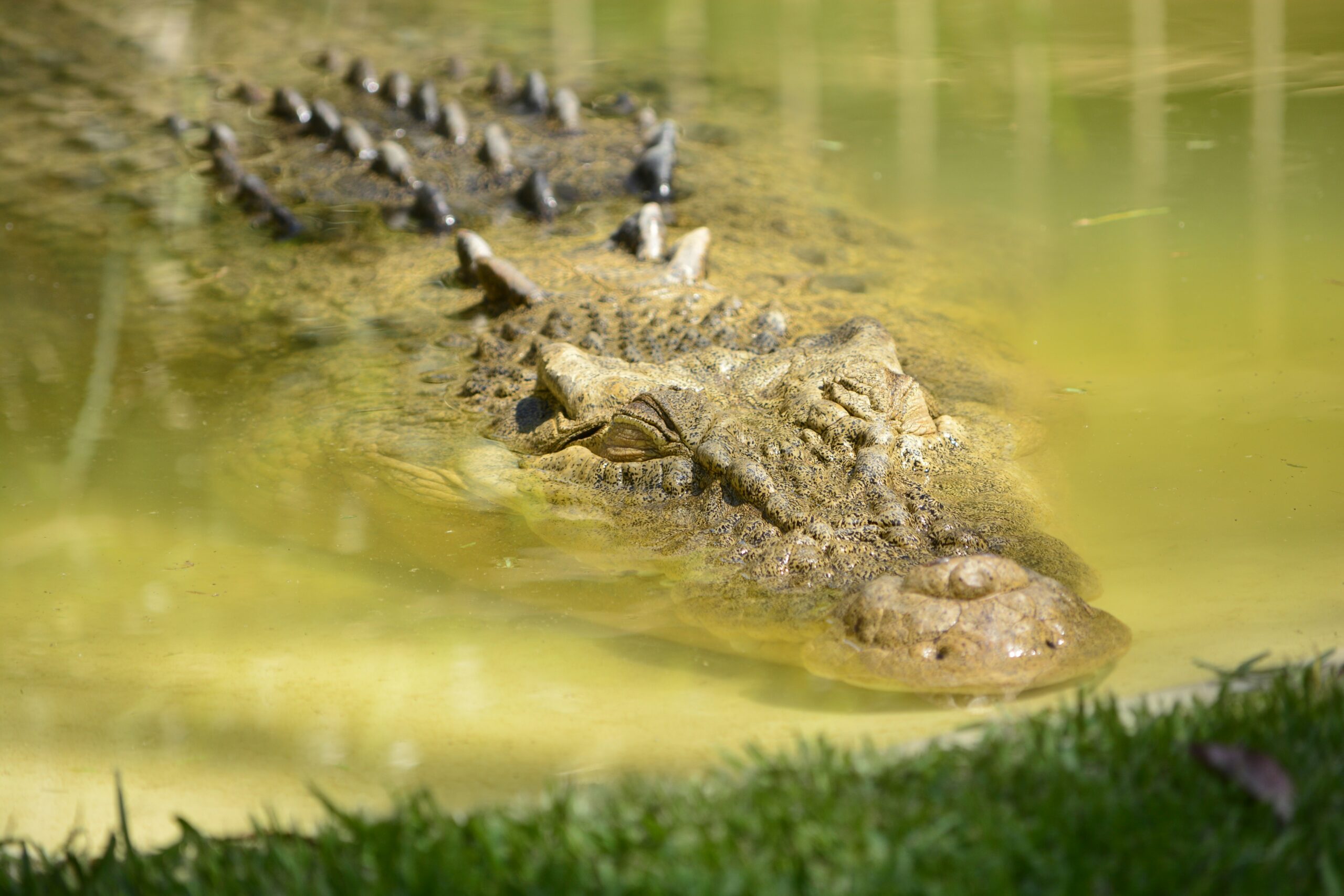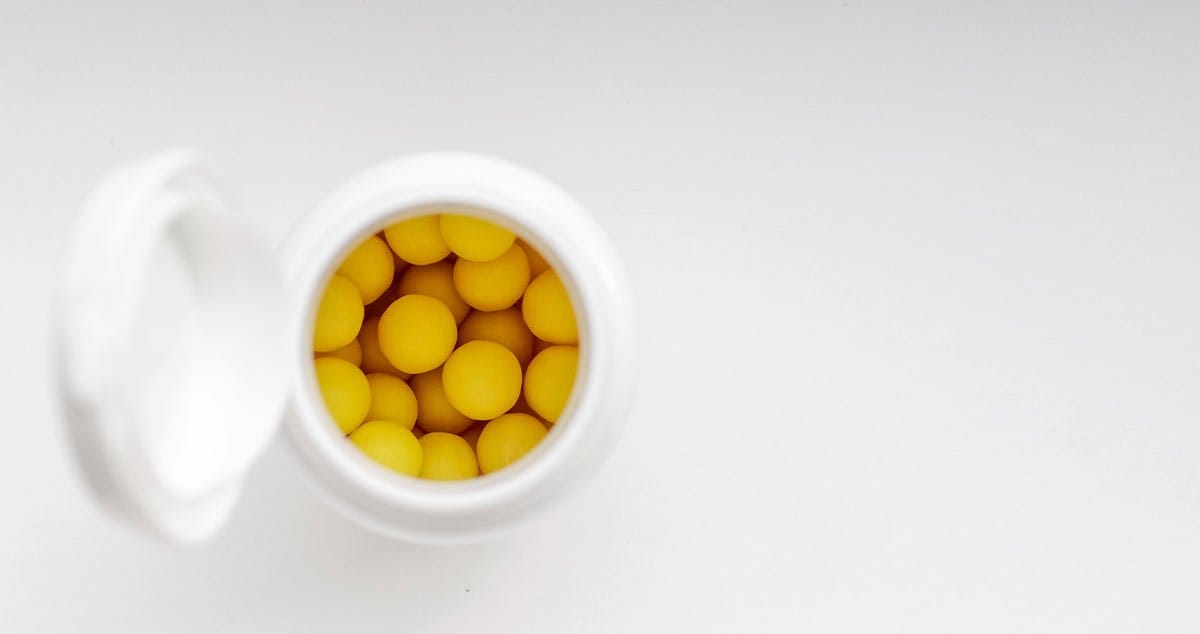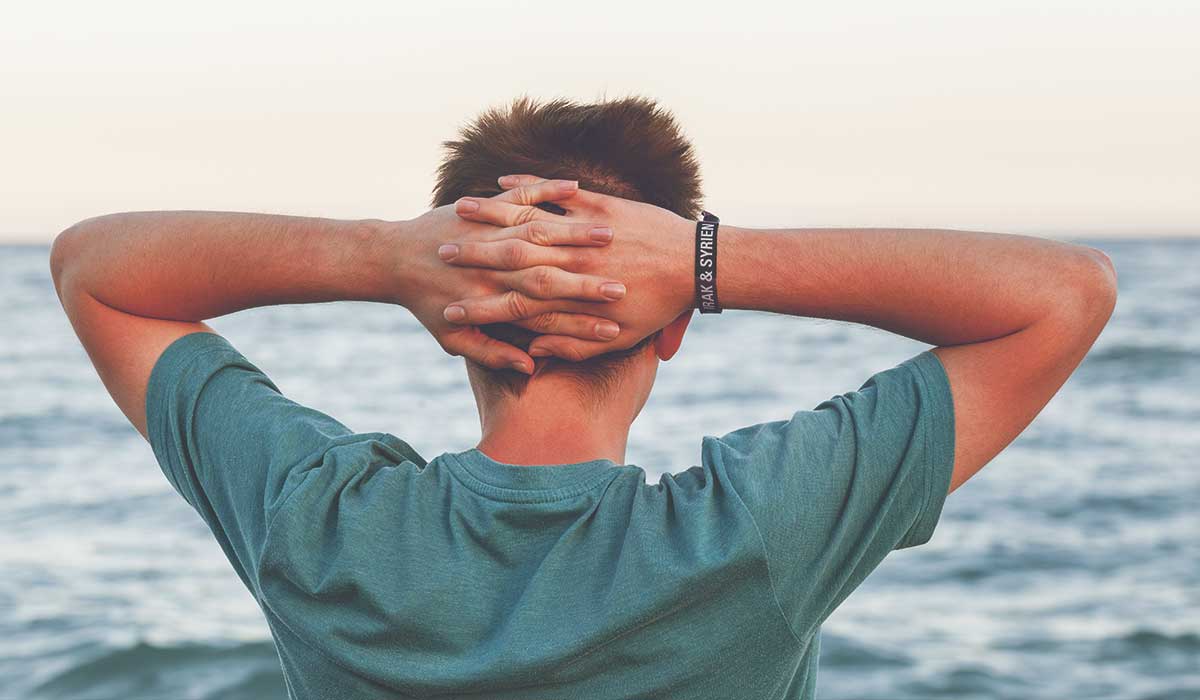Bath salts, a form of synthetic stimulants, first became popular in Europe in 2009. By 2010, these Bath Salts had been eagerly sought after in the United States. Bath salts are not for the bath, as they are powerful, toxic chemicals that people snort, inject, smoke, or put in their food or drinks. The worst outcomes are associated with snorting or injecting the drug. Since the initial introduction of bath salts, 31 states have passed laws banning the sale of this drug. The drug is comprised of water-soluble and inorganic solid products. The drug usually contains mephedrone and MDPV (methylenedioxypyrovalerone) and methylone. These three chemicals were banned this past fall by the Drug Enforcement Administration for one year. However, the contents of Bath salts can be slightly altered by the manufacturer to get around the ban. Producers also sell the products as “not for human consumption”, or as plant food under names such as China Ivory, Ivory Wave, Vanilla Sky or Bliss. However, there is nothing blissful about ingesting these drugs. Bath Salts are sold at gas stations, stop and shops, and online.
The Physical, Emotional and Psychological Effects on the Body
Most recently a Louisiana woman showed up at the local hospital complaining about redness and pain. Upon closer examination, doctors asked if she had injected something into her arm. Indeed, she had injected bath salts. A deadly infection had been eating away at the muscles in her arm and her torso in just two days. In other hospitals, doctors described dangerously high fevers, elevated blood pressure and heart rate, muscles breaking down, and kidney failure. Beyond the infected injection sites and the physical manifestations of bath salt toxicity, people run the risk of extreme agitation, paranoia, hallucinations, crushing chest pain, and suicide. Doctors do not know if this synthetic stimulant is addictive, but in a short period of time, the number of people running to emergency rooms has drastically increased. According to the Louisiana Poison Center, in the first month of 2011, 251 Bath Salt calls (from 25 states) were received compared to 236 calls for the entire year of 2010. Doctors describe the intensity of psychotic reaction as unique and disturbing. Traditional antipsychotic drugs do not work on many who have ingested Bath Salts and, the length of time the Bath Salt-induced psychotic state lingers is longer than usual. In some cases, patients have had to remain sedated and go through drug detox for several weeks. According to an article in Bloomberg Business Week, Dr. Jeffrey Baldwin of the University of Nebraska Medical Center stated: “If you take the very worst of some of the other drugs-LSD, Ecstasy with their hallucinogenic-delusional type properties, PCP with extreme agitation, superhuman strength and combativeness, as well as the stimulant properties of cocaine and meth-if you take all the worst …and put them together this is what you get. It’s ugly…” People show up trying to kill the monsters within themselves making it difficult for emergency room doctors to treat the patients. Often restraints are needed to administer anti-psychotic drugs. No one knows whether the damage to the brain is permanent. Education about synthetic chemical toxicity is the best assurance against young people tempting their fate.
Questions? Call or Ask By Chat Now!
Our Addiction Helpline is available to anyone struggling with a drug or alcohol problem, 24 hours a day, 7 days a week. The specialists on the other end are caring, empathetic folks that have been in your shoes and want to see you get better. Let someone help you today. Call us at 1-866-957-4960, or Live Chat from the privacy of your computer.









